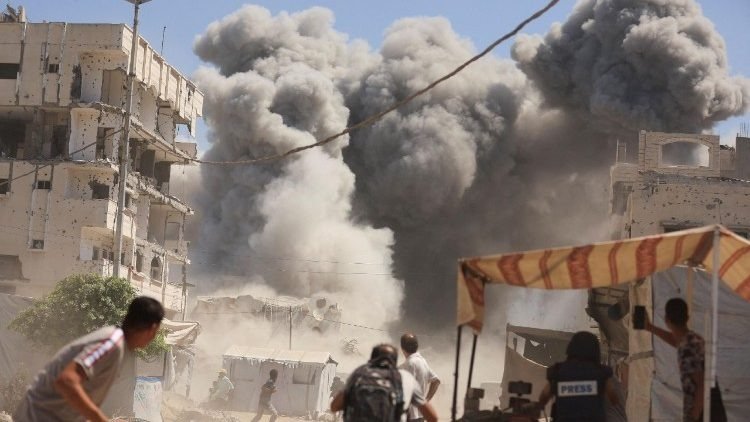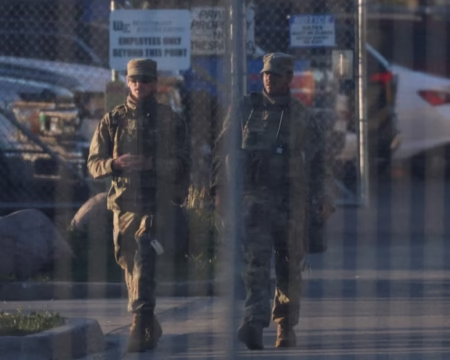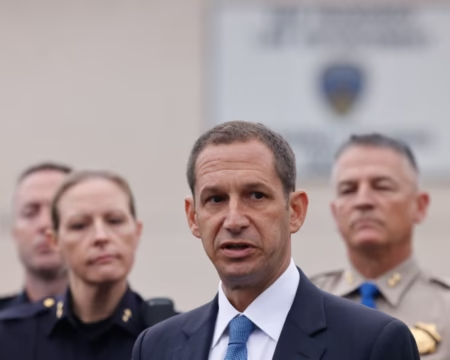Israel has drawn sharp global criticism after ordering residents of the Mahna Tower in Gaza City to evacuate only minutes before the building was struck by an airstrike. The strike, which leveled the high-rise, has reignited concerns over civilian safety and the humanitarian impact of military operations in the region.
Witnesses reported that residents received urgent instructions to leave the tower, but the short window left many scrambling to evacuate. Families were seen rushing into the streets with little more than what they could carry, highlighting the risks posed to non-combatants in such sudden operations. International observers and human rights groups have condemned the timing of the evacuation order, saying it offered civilians little meaningful protection.
The Mahna Tower was a key residential and commercial site in Gaza City. Its destruction has added to the growing number of displaced families as the conflict intensifies. For many, the sudden loss of homes and businesses has deepened the humanitarian crisis already straining Gaza’s resources.
Israel defended the strike, saying the tower was being used by armed groups to coordinate operations. Officials insisted that the evacuation order, though brief, demonstrated an effort to reduce civilian harm. “We acted to neutralize a security threat while giving civilians the chance to leave,” a military spokesperson said.
Still, the limited warning has fueled international debate over whether such actions align with international humanitarian law. Critics argue that while Israel cites security threats, the pattern of short-notice strikes undermines claims of minimizing harm. Legal experts point out that proportionality and civilian protection remain central obligations under global norms of armed conflict.
Meanwhile, U.S. officials are closely watching developments, shifting focus to what comes next following Israel’s recent military operations. In particular, strikes linked to Israeli actions in Doha have raised questions about the scope and direction of the campaign. Analysts in Washington suggest that the Biden administration faces mounting pressure to balance support for Israel’s security with growing calls to address humanitarian concerns.
The evacuation and bombing of the Mahna Tower have also intensified diplomatic discussions at the United Nations. Several countries are calling for stronger mechanisms to ensure civilian protection in Gaza, while others argue that Israel retains the right to defend itself against militant threats. The divide underscores the broader challenge of reconciling security concerns with international law in a protracted conflict.
For residents of Gaza, the destruction of the tower represents another devastating blow. Many families displaced by the strike are now seeking shelter with relatives or in temporary facilities, compounding the region’s housing crisis. Aid agencies warn that food, water, and medical resources are stretched thin, and the sudden influx of displaced people could push local systems to the breaking point.
The Israel Gaza tower evacuation highlights a recurring pattern in the conflict, where urban spaces become contested zones and civilians are caught in the middle. Analysts note that the targeting of high-rise buildings not only disrupts militant networks but also leaves long-term scars on communities by destroying homes, businesses, and public trust.
As the conflict continues, the international community faces urgent questions about accountability, humanitarian aid, and the possibility of renewed peace talks. For now, the bombing of the Mahna Tower has become a stark reminder of the human cost of war and the fragile balance between military objectives and civilian safety.







